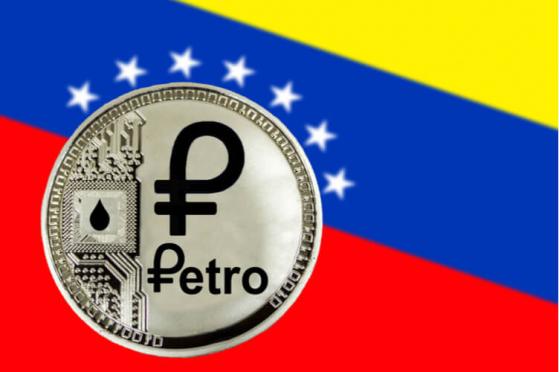Venezuela’s Petro cryptocurrency — a transparent attempt to circumvent sanctions through a forward sale of the country’s oil — has sparked the anger of the nations that imposed those sanctions in the first place. According to local media reports, Venezuela’s government has in turn been outraged by the backlash, specifically the reaction of US President Donald Trump.
On Monday, Trump issued a preliminary executive order that forbids American citizens and corporations from going anywhere near the Petro. Diosdado Cabello, VP of the United Socialist Party of Venezuela, reportedly said that Trump was “wrong” to take this step and threaten additional sanctions against the Latin American country.
“Today, the emperor Trump has announced measures that will not be easy to execute, but imperialism is seeking to sow fear, to scare the free peoples of the world,” he said.
Cabello added he felt “profound indignation and rejection at the decision of the North American imperialism, which is intended to submit Venezuela to more blockades, and our people to more sanctions and to more aggressions.”
The Petro continues to be shrouded in mystery, with observers noting there is no evidence of any sale activity.
For example, the NEM address supposedly containing the Petro ICO has not moved at all, raising strong suspicions that no one has yet received the cryptocurrency in case they did actually buy it.
Venezuela’s government, on the other hand, insists that it has sold over $5 billion worth of coins.
The Petro ICO took shape under the insistence of Venezuelan President Nicolas Maduro (and with possible help from outside) despite the National Assembly saying that the cryptocurrency was illegal.
They argued that it represented a forward sale of Venezuela’s oil, which would spark more corruption in the country.
Although Maduro and key figures in the United Socialist Party continue to show enthusiasm for the new cryptocurrency, interest has clearly dropped since the sale announcement last month.
This article appeared first on Cryptovest
